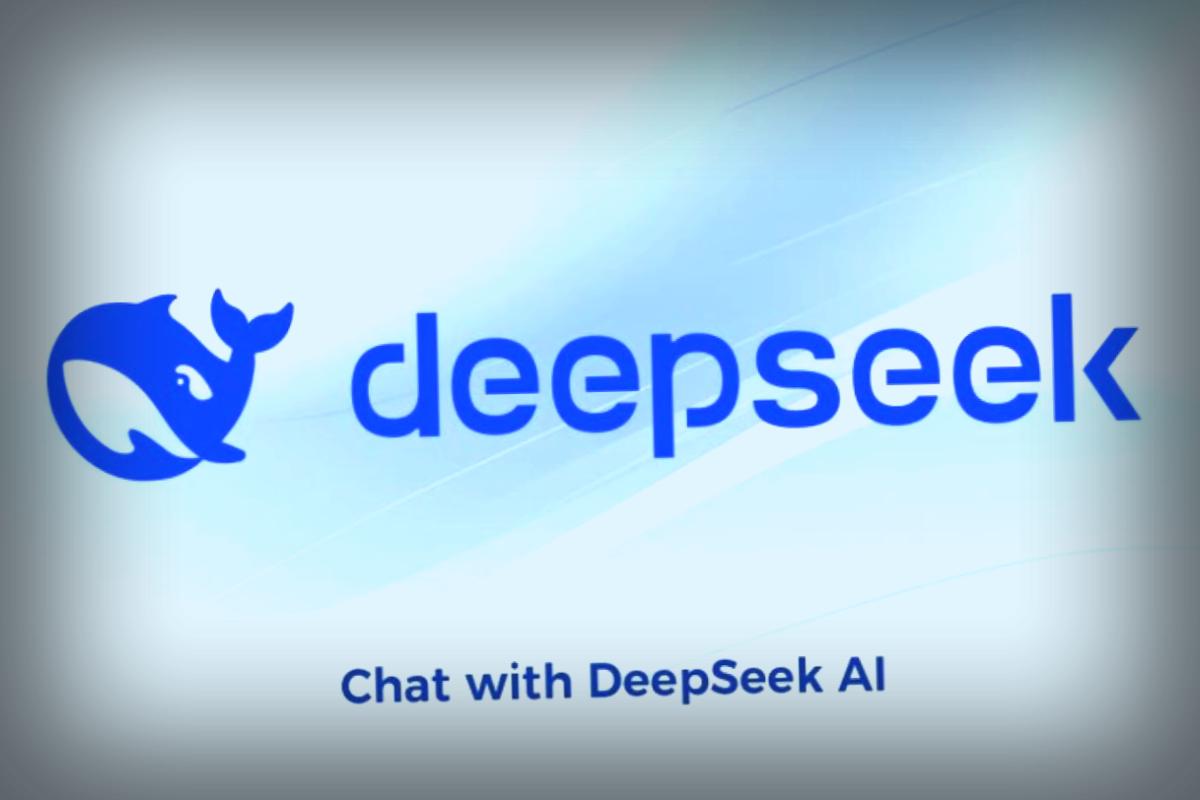It seems that the ambitious plans of DeepSeek to take a bold step with Huawei’s domestically produced chips didn’t turn out as smoothly as they hoped. The company faced a barrage of failures while trying to build its cutting-edge R2 AI model on Huawei hardware. This pushed them straight back into the arms of Nvidia after several tough months.
The Chinese government had been urging DeepSeek to rely on homegrown tech, specifically the Ascend processors. While this appeared to be a patriotic move, it quickly unraveled due to issues like erratic performance, low interconnect bandwidth, and issues with the software tools needed.
Tech Realities vs. Ideals
Technical teams from Huawei struggled to translate their chip specifications into practical success.
Despite sending skilled engineers to resolve the technical glitches, no successful full-scale R2 training runs using Ascend hardware came to fruition, as stated by TrendForce. The problem wasn’t simply a lack of horsepower; while the Huawei Ascend 910C claims impressive levels of efficiency, the lack of a supporting ecosystem brutalized their efforts. Nvidia’s CUDA framework and a vast global dev community create an advantage that mere specs can’t match. In contrast, Huawei’s CANN software toolkit feels outdated, comparable to using a flip phone in the smartphone age.
Competitive Market Implications
The delays in R2 give rivals an edge while Chinese AI companies face increased scrutiny over chip purchases.
DeepSeek’s hiccup undoubtedly paves the way for companies like OpenAI and Anthropic to push forward even further while R2’s launch has been pushed back to late 2025. On top of that, Chinese officials are putting the spotlight on AI firms, requiring them to provide justifications for every Nvidia chip they buy, presenting red tape that stifles innovation. You can practically hear the exasperation from startups trying to maneuver this bureaucratic maze while American firms race ahead.
This situation painfully illustrates that striving for self-reliance in technology might lead to wasted time, strategic setbacks, and ongoing reliance on exact equipment you aspire to substitute. It seems that DeepSeek is likely to maintain its hybrid model—Nvidia for training and Huawei for inference—until effective domestic alternatives arise. Ultimately, while you can advocate for chip independence, you can’t fabricate the supportive software environment that maximizes their utility.


















